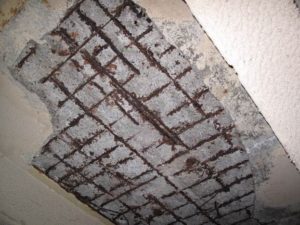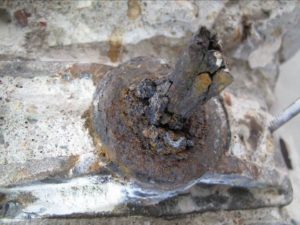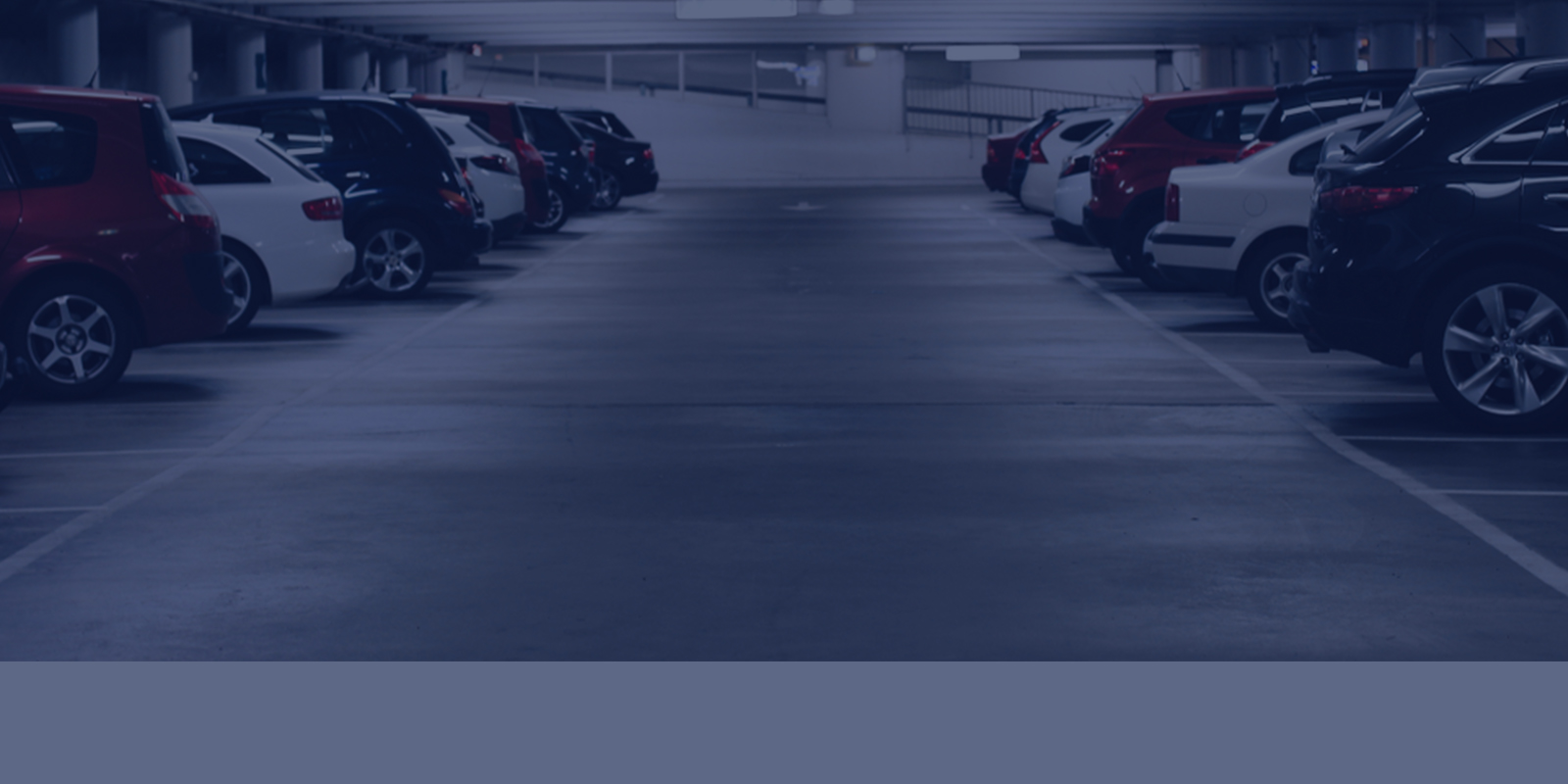Parking garages are unique structures. They are, of course, designed to support vehicular loading; must be designed and constructed with consideration given to the particulars of vehicular traffic; such as providing adequate clearance heights, planning entrance and exit traffic patterns, and providing adequate perimeter edge barriers. Due to their exposure to the elements and potentially long service lives, durability is also a significant concern for parking garage structures. Many of the issues, and even failures, experienced in parking garage structures are related to these durability concerns and the potential for deterioration.
Durability issues for parking garages are related to multiple factors, including the materials used in construction, the exposure of the structure to the elements (including coastal environments or corrosive substances such as de-icing salts), the quality of the construction, and the traffic volume. The proper use of joints and detailing can help protect the garage from damage due to water and drainage issues or due to thermal expansion and contraction.
Because the majority of parking garages have concrete framing systems, concrete cover of the reinforcing steel is a major consideration affecting the durability and long-term performance of parking garage structures. Improper reinforcement placement, with insufficient cover, is relatively common and reduces the protection of the steel from the elements. Corrosion of steel reinforcement (refer to Figures 1 and 2) can significantly affect the serviceability of a parking garage structure, can create unsafe conditions, and can result in the need for costly repairs.

Figure 1. Reinforcement corrosion at delaminated parking garage slab.

Figure 2. Severe corrosion at a post-tensioning anchorage for a parking garage.
Nelson’s professionals have a plethora of experience evaluating parking garages throughout the United States for issues that are both common and uncommon; from long-term corrosion, to heavy traffic loads, to vehicular impacts.

